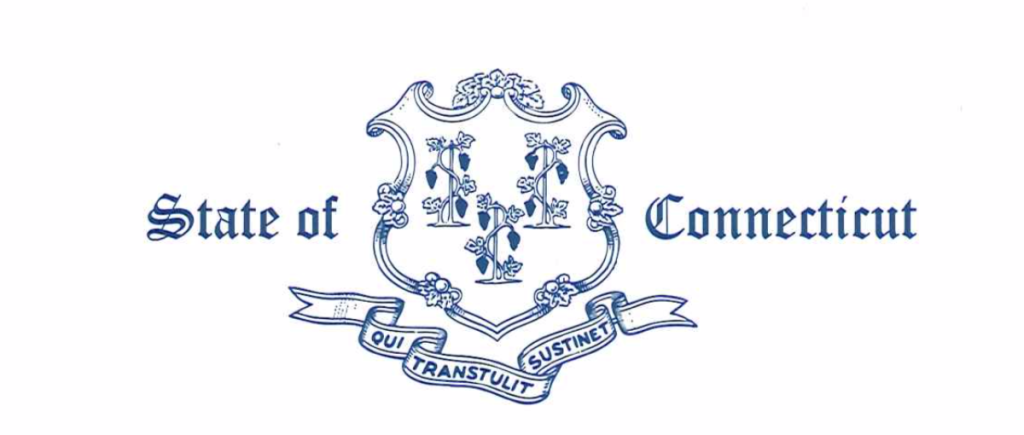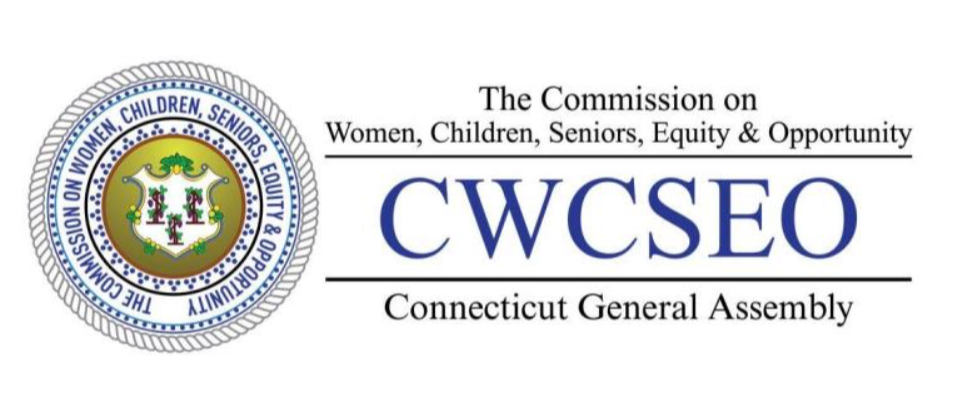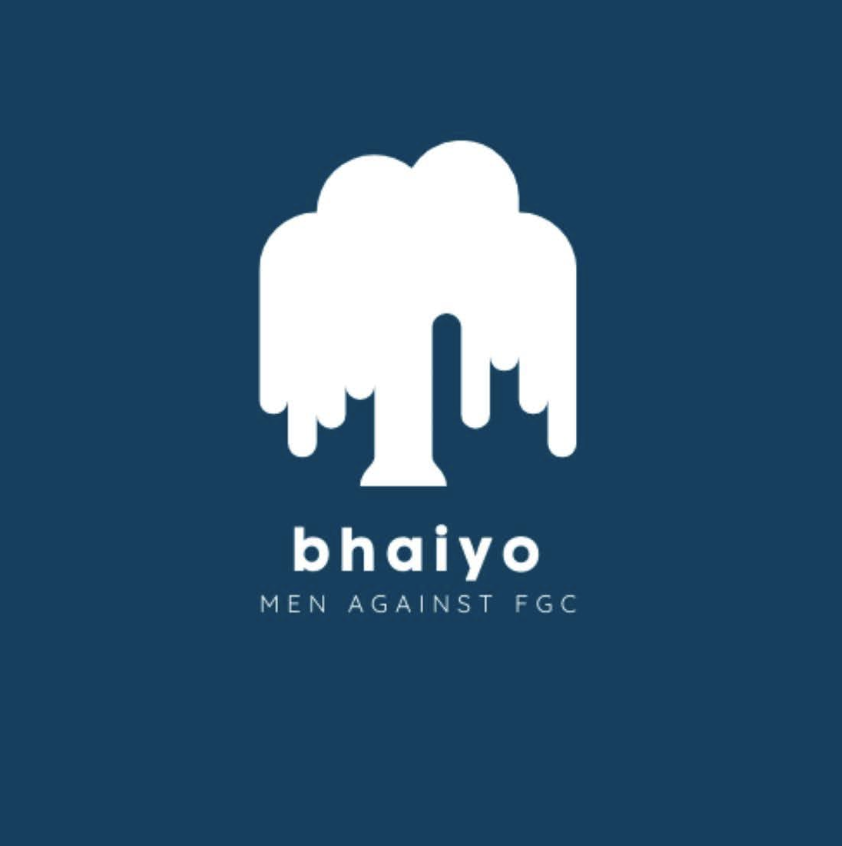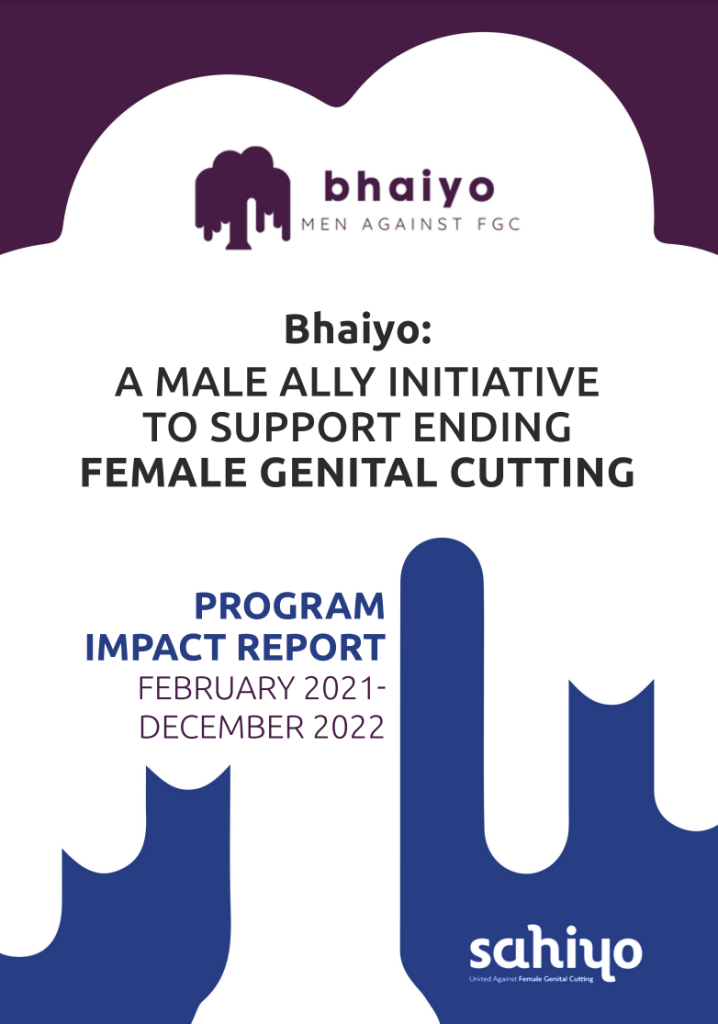Connecticut Governor and Lieutenant Governor officially recognize International Day of Zero Tolerance of FGM/C

Sahiyo and the Connecticut Coalition to End FGM/C are so very pleased that Governor Ned Lamont issued an official proclamation, and Lieutenant Governor Susan Bysiewicz issued an official citation, both recognizing Feb 6th as Day of Zero Tolerance of Female Genital Mutilation/Cutting in the state of Connecticut. Language for the Governor’s proclamation can be found below: Language for the Lieutenant Governor’s citation can be found below:
CWCSEO issues press release on International Day of Zero Tolerance for FGM/C

February 6th is the International Day of Zero Tolerance of Female Genital Mutilation/Cutting, a day designed to promote the elimination of Female Genital Mutilation/Cutting by 2030 through efforts to engage whole communities and focus on human rights, gender equality and attention to the needs of women and girls who suffer from its consequences. The United Nations calls on the global community to reimagine a world that enables girls and women to have voice, choice, and control over their own lives. Female Genital Mutilation/Cutting is the altering or injuring or removal of the female genitalia for non-medical reasons to control a girl’s sexuality and make her acceptable for marriage and to the community in which she lives. It is usually performed on young girls between the ages of birth and puberty. It is an extreme form of gender-based violence that is recognized as a human rights violation and a form of torture. The Commission on Women, Children, Seniors, Equity and Opportunity (CWCSEO) of the General Assembly along with the CT Coalition To End FGM/C (survivor-led coalition) are working on building holistic solutions to support survivors and prevent future generations of girls in the State of Connecticut from experiencing FGM/C. We are working with a diverse coalition of stakeholders, advocating for comprehensive legislation that will help protect girls from FGM/C, provide survivors with support services, raise awareness of the harm FGM/C causes, and educate frontline professionals on how to provide culturally specific and sensitive care. “While the State of Connecticut has a robust community of advocates and people with lived experience working to end this form of gender-based violence, the state has been an outlier in its silence among its neighbors and in the nation. This comprehensive legislation would ensure that CT join our sister states in protecting children fromharm.” Steven Hernández, Executive Director of the Commission on Women, Children, Seniors, Equity and Opportunity. “As a long time, Connecticut resident, I am heartened by Governor Lamont’s proclamation about International Day of Zero Tolerance of FGM/C as it sends the message that a harmful cultural practice that people think only happens far away from here, is actually occurring in our state. This acknowledgement is the first step in eliminating this practice. I look forward to strong support of the bill to end FGM/C and protect parents and their daughters from the pressure to cut and be cut.” Zehra Patwa, FGM/C Activist/Survivor and Co-founder of WeSpeakOut and member of the Coalition. About the CWCSEO: The Commission on Women, Children, Seniors, Equity and Opportunity under Sec. 105. Section 2-127 of the Connecticut General Statutes to focus on issues affecting each of the following underrepresented and underserved populations: Women, children and the family, elderly persons, African American, Asian Pacific Americans, and Latinos and Puerto Ricans. Focus its efforts and quality of life to the above-mentioned populations to assure that all are healthy, safe and achieve educational success; free from poverty; and free from discrimination. As a non-partisan arm of the General Assembly, the commission monitors, critiques and recommends changes to legislation. As a non-partisan arm of the General Assembly, the agency monitors, critiques and recommends changes to legislation. The commission serves as a liaison between government and its diverse constituents, and convenes stakeholders, including the business, non-profit and educational communities, local governments, and the media, to promote awareness. View the official press release here.
Session on FGM at the workshop Nayi Dishayein- Rethinking Development

By Mohammad Chappalwala Gender-based violence takes many forms. One of the most extreme, I think, is female genital cutting/mutilation (FGM/C), which causes harm to the youngest and most vulnerable members of our society. Being a male member of a community that practices this, I believe it is my responsibility to spread awareness regarding this harm that is often done to seek control of the sexuality of women. On 26th December, 2022, Sambhaavnaa Institute of Public Policy and Politics incorporated FGM/C into its Nayi Dishayein workshop, a 12-day course educating youth from across India on a wide range of issues, from development and the confines of patriarchy to environmental conservation and sustainable living. We, along with our participants, challenged our beliefs, views, convictions, and privilege resulting from the enduring power structures that stem from the social markers of caste, gender, religion, and class; and how they are linked with the notion(s) of development. We began with a brief introduction to the practice of FGM/C, and discussed the different types practiced within different communities around the world. We looked at this form of gender-based violence through the lens of patriarchy, and examined how patriarchy enables gender violence, controls the sexuality of women and other genders, and expects conformity. After this, we issued a trigger warning and screened the movie, A Pinch of Skin for our participants. The film was followed by a short presentation detailing the practice of FGM/C and its categorization as a human rights violation by the World Health Organization. I find the fact that male members of my community are either unaware of FGM/C, or choose to stay away from the cutting of their loved ones, to be deeply unsettling. My community is the Dawoodi Bohra community, where this practice is exercised discreetly – nobody talks about it. Usually, the mother and grandmother of the child decide to take her to a local practitioner, who gets the job done. Often these practitioners are not even medically trained. In 2019, my team and I had the opportunity to attend Sahiyo’s FGM/C retreat and learn from Dr. Sheroo Zamindar, an obstetrician-gynecologist from Ahmedabad. With this knowledge base and our own learning, we were able to educate participants of this recent session on FGM/C, which is what we believe to be a crucial part of any discussion chronicling gender-based violence. This February 6th, International Day of Zero Tolerance for FGM/C, we, as male allies, must wholeheartedly commit to becoming pioneers in the conversation to end this practice and protect those we love. Mohammad Chappalwala is an autodidact environmentalist who left his corporate job and the hustle of the city to live in the mountains and work for the community. He is passionate about contributing to social movements that deal with the fundamental rights of the people, and strongly believes in the work of Sahiyo; he likes to provide complete support to stop FGM/C as a Bhaiyo, or male ally. He is a programs convener at Sambhaavnaa Institute of Public Policy and Politics, Himachal Pradesh.
The impact of Bhaiyo: How male allies work to end female genital cutting

Today, on International Day of Zero Tolerance for Female Genital Mutilation/Cutting, Sahiyo is proud to release our program impact report, Bhaiyo: A Male Ally Initiative to Support Ending Female Genital Cutting. The report spans the duration of our Bhaiyo program, from its creation in February 2021 through December 2022, and covers our challenges, lessons learned, and future paths for growth. Bhaiyo, meaning ‘male friends’ or ‘brothers’ in Bohra Gujarati, was launched to create a space where male allies can collaborate, spark dialogue, and spread information about the harms of female genital cutting (FGC). In particular, Bhaiyo participants work by engaging communities at the grassroots level to address and build awareness of the harmful nature of this practice and its consequences on their loved ones and the community in general. Since the program’s launch: 15 men joined the Bhaiyo program 13,247 people engaged with our public awareness campaigns 36 people participated in our public awareness campaigns 176 people attended Bhaiyo male-engagement webinars 28 blog posts written to uplift the voices of male activists 81.3% of members have joined additional programming efforts after joining Bhaiyo February 6th is a day for activists, advocates, and stakeholders to come together, raise awareness, and advocate for the end of FGC. Today, and for the rest of the month of February, we’re uplifting the work of Bhaiyo because we’re proud of the program’s accomplishments. We hope you’ll take the time to learn more about how we’ve been engaging men in the work to support survivors and prevent FGC for future generations. “Bhaiyo allows men to have open and honest conversations about a topic they may or may not know but should be important to them. As brothers, it’s our collective responsibility to leave the world safer than we found it for those that we love. Bhaiyo aims to raise awareness to help advocates and survivors working to end FGC today.” ~ Murtaza Kapasi We also have an upcoming Bhaiyo event that is open to the public! Date: Thursday, February 23rd Time: 9:00 am EST (New York) / 7:30 pm IST (India) Who: Current Bhaiyo members & Prospective Bhaiyo members (anyone interested in supporting male engagement on the topic of ending FGC) Register: bit.ly/BhaiyoCommMeeting To join our Bhaiyo program, please fill out this application form.
